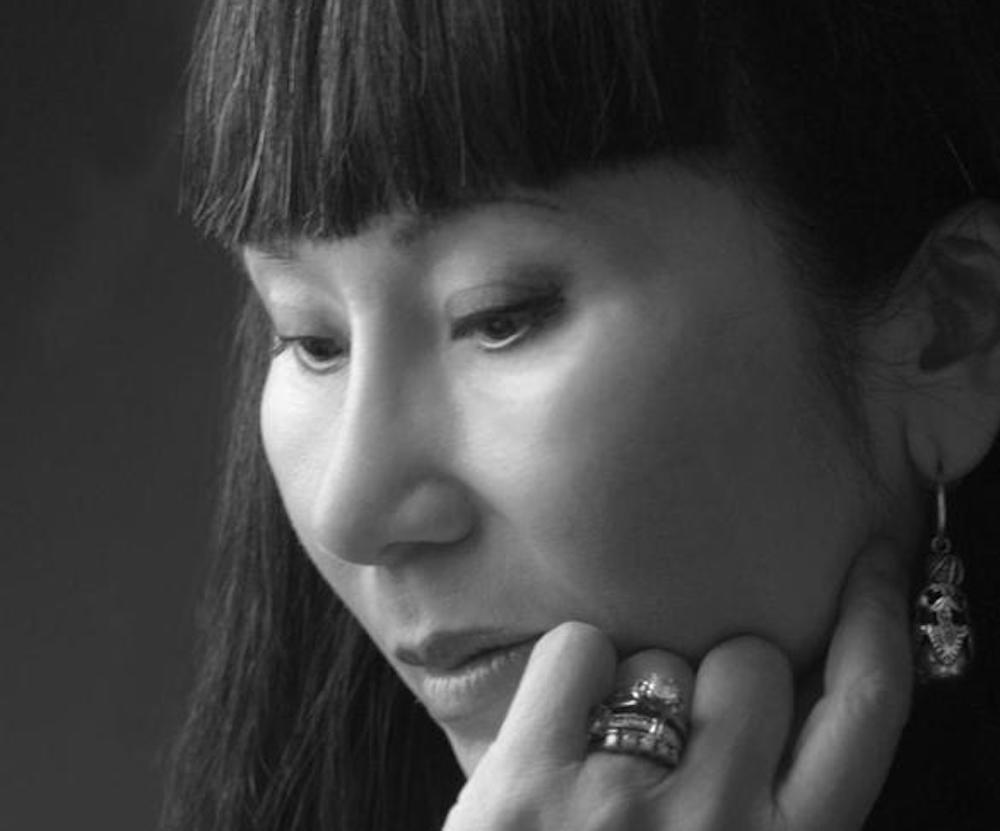
Amy Tan’s novels, short stories, and essays intimately portray growing up as a first-generation American and explore what it is like to be both separate from and a part of Chinese culture. One of the most famous Chinese American writers today, her works showcase storytelling, memory, and the complex relationships between mothers and daughters, husbands and wives, and sisters.
Tan is most well known for her bestseller “The Joy Luck Club,” which was adapted into a film of the same name. The novel focuses on four Chinese immigrant families in San Francisco who start the eponymous club, playing the Chinese game of mahjong for money while feasting on a variety of foods. Tan was inspired to write the novel when she took her immigrant mother back to China to visit and while there met her half-sisters. Tan presents the experiences of four Chinese mothers, their Chinese American daughters, and the struggle of the two divergent cultures and generations to relate to each other. “The Joy Luck Club” was a finalist for both the National Book Award and the National Book Critics Circle Award and was named a Notable Book by the American Library Association and The New York Times.
Tan was born in Oakland, California, and grew up there until she was fifteen, when her father and older brother died of brain tumors in the same year. Her mother, Daisy, then moved the rest of the family to Switzerland, where Amy learned about the life and family in China that her mother had left behind. The relationship was difficult and contentious, with Daisy once holding a knife to her daughter’s throat and threatening to kill her over a boy.
Tan studied English and linguistics at San Jose State University and the University of California, Berkeley. While in school, she worked several odd jobs as a switchboard operator, carhop, bartender, and pizza maker before becoming a successful freelance business writer. “The Joy Luck Club” was written during this time, with several other parts of the novel being published as short stories.
Tan’s second novel, “The Kitchen God's Wife,” also focuses on the relationship between an immigrant Chinese mother and her American-born daughter and was inspired by Daisy’s harrowing early life. In the following years, Tan published several more novels, including “The Hundred Secret Senses,” “The Bonesetter's Daughter,” “Saving Fish from Drowning,” “The Valley of Amazement,” and two children’s books, “The Moon Lady” and “Sagwa, the Chinese Siamese Cat.” Amongst her non-fiction pieces, “Where the Past Begins: A Writer's Memoir,” was published in 2017.
